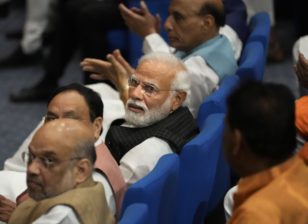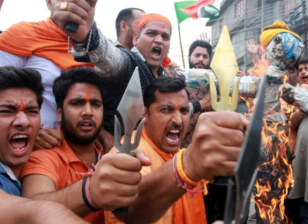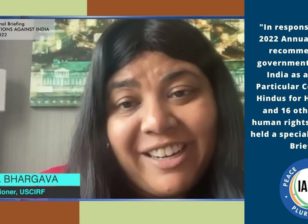Dissent is contagious – and arrests of Delhi activists will not stop the quest for justice – By Anirban Bhattacharya
In the fog of a pandemic, it already seems distant. But only a months ago, there were women on the streets beating the winter chill with slogans and placards. There were songs, poetry, paintings, graffiti,… and warmth as tens of thousands of people across India staged protests against the discriminatory Citizenship Amendment Act and planned National Register of Citizens in venues that came to be known as Shaheen Baghs – after the ghetto on the banks of the Yamuna in Delhi where the movement started in December 2019.
The largest non-violent civil disobedience movement that India has witnessed since 1947, “Shaheen Bagh” has come to describe a repertoire of resistance adopted largely by Muslims but not exclusively by them. It was both unapologetic about their identity as well as avowedly secular in their demands as equal citizens of this country. It did not just redefine the contours of politics in India: it also set in motion a process that unsettled well-settled paradigms of “managing” minority politics that had been used over the decades, even by the so-called secular forces.
It is ironic that so many Muslim activists involved in the protests against the BJP’s citizenship initiatives are being linked to an episode of violence in which two-third of those killed were in fact Muslim, and which saw the destruction of 15 Muslim places of worship. So much so that in the hearing on the custody of Asif Iqbal Tanha on May 27, even the Additional Sessions Judge Dharmender Rana was moved to note, “Perusal of the case diary reveals a disturbing fact. The investigation seems to be targeted only towards one end.




